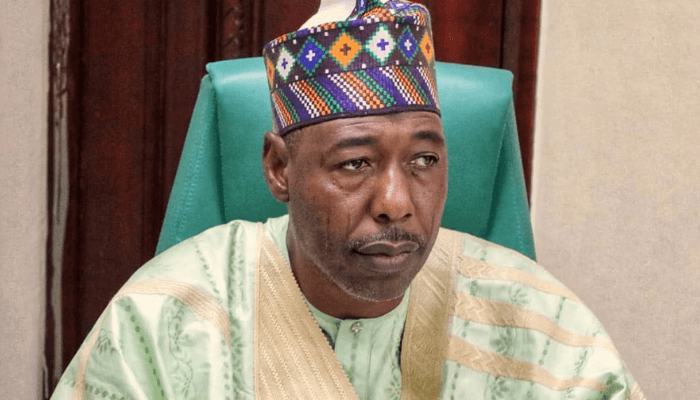The Nigeria Extractive Industries Transparency Initiative has pledged to support the legislative process of the 2024 Tax Reform Bill by offering technical inputs, data-driven insights, and policy recommendations to enhance transparency and accountability in the extractive sector.
NEITI aims to ensure the 2024 Tax Reform Bill strengthens fiscal transparency, enhances accountability, and maximizes resource benefits for Nigerians.
Speaking at the Rembinar Dialogue, organized with Order Paper Nigeria, NEITI Executive Secretary Dr. Orji Ogbonnaya Orji described the bill as a bold step toward modernizing Nigeria’s tax system.
Orji stated that NEITI has thoroughly reviewed the bill and recognizes its potential to improve tax administration, streamline legal frameworks, and boost compliance across industries such as oil, gas, and mining.
NEITI has submitted strong recommendations to the National Assembly to address concerns in the bill.
Key proposals include consolidating tax laws for clarity and compliance, taxing digital assets and non-resident entities in line with global standards, strengthening anti-tax avoidance measures, improving VAT administration, providing double taxation relief, and offering tax incentives for priority sectors.
“While these provisions signal progress, we must also critically assess their impact on NEITI audits, revenue transparency, and sector-specific compliance,” Dr. Orji said.
He raised several key questions for consideration, such as how the new tax regime would affect transparency and accountability measures promoted by NEITI and how to ensure extractive companies fully disclose their tax obligations.
Dr. Orji emphasized the need for ongoing multi-stakeholder engagement, ensuring that civil society organizations, the private sector, and the media actively track the bill’s implementation and impact.
The Rembinar Dialogue, themed “Tax Bills and the Implications for NEITI Audits,” was designed as a platform for meaningful discussions on resource governance, fiscal transparency, and accountability in Nigeria’s extractive sector.
Dr. Orji emphasized the importance of the dialogue, particularly as Nigeria progresses with comprehensive tax reforms to strengthen revenue mobilization and ensure fiscal sustainability.











